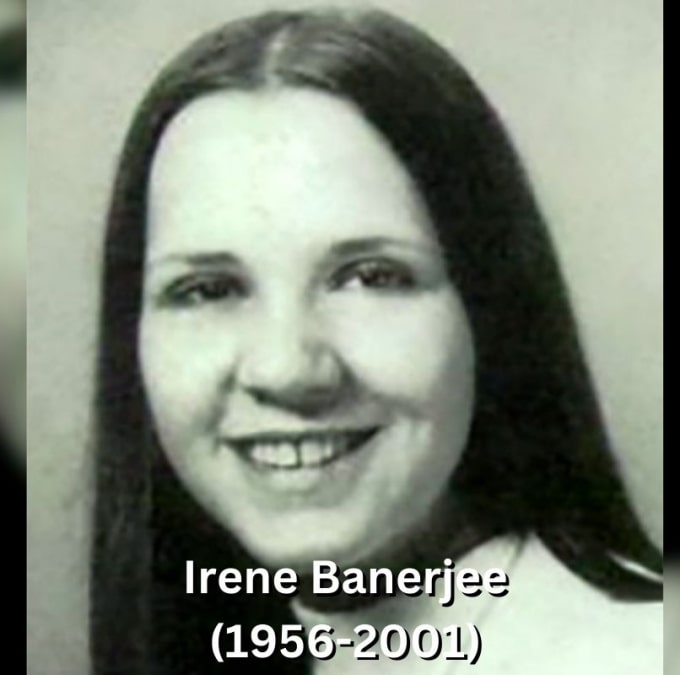Robert King Merton, born as Meyer Robert Schkolnick, stands as a towering figure in the realm of sociology. His intellectual contributions have significantly impacted modern sociology, particularly in the areas of criminology and the sociology of science. This article takes a deep dive into the life, career, and legacy of Robert K. Merton, exploring his groundbreaking theories and the profound influence he exerted on the academic world.
Snapshot of Robert K. Merton
| Field | Details |
|---|---|
| Full Name | Robert King Merton |
| Popular As | Robert K. Merton |
| Occupations | Sociologist, Professor |
| Date of Birth | July 4, 1910 |
| Birthplace | Philadelphia, Pennsylvania, USA |
| Nationality | American |
| Parents | Ida Rasovskaya (mother), Aaron Schkolnickoff (father) |
| Spouse | Suzanne Carhart (first wife), Harriet Zuckerman (second wife) |
| Children | Robert C. Merton, Stephanie Merton Tombrello, Vanessa Merton |
The Early Years of Robert K. Merton
Born on July 4, 1910, in Philadelphia, Pennsylvania, Robert K. Merton's formative years were influenced by his immigrant background and the vibrant cultural milieu of South Philadelphia. This section delves into his early life, shedding light on the influences that steered him towards a career in sociology.
Childhood Influences and Family Background
Originally named Meyer Robert Schkolnick, Merton was the son of Ida Rasovskaya and Aaron Schkolnickoff, who migrated from Eastern Europe to the United States in 1904, seeking better opportunities. Growing up in South Philadelphia, young Merton found himself in a melting pot of cultures and ideas, which undeniably shaped his intellectual pursuits.
Academic Journey and Early Influences
Merton's academic trajectory commenced at Temple University, where he was mentored by the esteemed sociologist, George E. Simpson. Guided by Simpson and inspired by the intellectually stimulating environment at Temple, Merton delved deeper into sociology. After completing his undergraduate studies in 1931, he moved on to Harvard University for his graduate studies, marking the start of a prolific academic career.
The Professional Journey of Robert K. Merton
Robert K. Merton's career stands as a testament to his intellectual prowess and his ability to shape the field of sociology. This section provides an overview of his professional journey, highlighting key milestones and contributions.
Harvard Years and Mentorship
At Harvard University, Merton studied under Pitirim A. Sorokin, the founding chair of the sociology department. It was here that Merton honed his analytical abilities and developed his interest in the sociology of science. His doctoral dissertation, "Science, Technology, and Society in Seventeenth-Century England," laid the groundwork for his future work in the field.
Major Contributions at Columbia University
Merton spent the majority of his career at Columbia University, where he made significant contributions to the field of sociology. He introduced several key concepts, including the self-fulfilling prophecy, role model, and strain theory, which have become integral to sociological discourse and continue to influence contemporary research.
The Self-Fulfilling Prophecy
One of Merton's most famous contributions is the concept of the self-fulfilling prophecy, which describes a prediction that causes itself to become true. This idea has been widely applied across various fields, including education, psychology, and business, demonstrating Merton's far-reaching impact.
Strain Theory
Merton's strain theory explores the relationship between cultural goals and the legitimate means of achieving them. This theory has been particularly influential in criminology, providing a framework for understanding deviant behavior. According to Merton, societal pressure to achieve success can lead individuals to resort to illegitimate means when legitimate avenues are blocked.
Collaborations and Mentorship
Throughout his career, Merton collaborated with numerous scholars and mentored several students who went on to become prominent sociologists. His second wife, Harriet Zuckerman, was a fellow sociologist and frequent collaborator. Together, they made significant contributions to the sociology of science.
The Personal Life of Robert K. Merton
While Robert K. Merton's professional achievements are well-documented, his personal life also provides insights into the man behind the theories. This section explores his family life, relationships, and the personal experiences that shaped his worldview.
Family Life
Merton married Suzanne Carhart in 1934, and they had three children: Robert C. Merton, Stephanie Merton Tombrello, and Vanessa Merton. His son, Robert C. Merton, won the Nobel Prize in Economics in 1997, further cementing the family's legacy of intellectual excellence. After Suzanne's passing, Merton married Harriet Zuckerman, a distinguished sociologist in her own right.
Later Years and Legacy
In his later years, Merton remained an active member of the academic community, receiving numerous accolades, including the National Medal of Science in 1994. He passed away on February 25, 2003, in Manhattan, but his legacy lives on through his extensive body of work and the countless scholars he influenced.
Robert K. Merton's Major Achievements
Robert K. Merton's contributions to sociology are vast and varied. This section highlights some of his most significant achievements and the lasting impact they have had on the field.
Founding the Sociology of Science
Merton is credited with founding the sociology of science, a field that examines the interplay between scientific knowledge and social structures. His work in this area has provided valuable insights into how scientific communities operate and the factors that influence scientific progress.
Accolades and Honors
Throughout his career, Merton received numerous awards and honors, reflecting his stature in the academic community. In addition to the National Medal of Science, he was a MacArthur Fellow from 1983 to 1988 and received a Guggenheim Fellowship in 1962. He was also a member of several prestigious organizations, including the American Philosophical Society, the American Academy of Arts and Sciences, and the Royal Swedish Academy of Sciences.
Financial Insights into Robert K. Merton
While Robert K. Merton's intellectual contributions are well-known, his financial success is less frequently discussed. This section provides an overview of his financial status, including his net worth and sources of income.
Net Worth and Salary
As of 2024, specific details about Robert K. Merton's net worth and salary are not readily available. However, it is known that his primary sources of income were his academic positions and various fellowships and grants. Merton's work earned him numerous awards and honors, which likely contributed to his financial stability.
Financial Success and Legacy
Merton's financial success was not the primary driver of his career; rather, it was his passion for sociology and his desire to advance the field. His legacy is not measured in monetary terms but in the lasting impact of his theories and the generations of sociologists he inspired.
Wrapping Up
Robert K. Merton's contributions to sociology are unparalleled. From his early years in Philadelphia to his illustrious career at Columbia University, Merton's work has profoundly shaped the field. His theories, including the self-fulfilling prophecy and strain theory, continue to influence sociological research and practice. Merton's legacy is a testament to the power of intellectual curiosity and the enduring impact of scholarly excellence.
Frequently Asked Questions
Who was Robert K. Merton?
Robert K. Merton was a renowned American sociologist known for his significant contributions to criminology and the sociology of science. He introduced key concepts such as the self-fulfilling prophecy and strain theory.
What is the self-fulfilling prophecy?
The self-fulfilling prophecy is a concept developed by Merton that describes a prediction that causes itself to become true. This idea has been widely applied in various fields, including education, psychology, and business.
What is strain theory?
Merton's strain theory explores the relationship between cultural goals and the legitimate means of achieving them. It provides a framework for understanding deviant behavior and has been particularly influential in criminology.
What are some of Merton's major achievements?
Some of Merton's major achievements include founding the sociology of science, receiving the National Medal of Science in 1994, and being a MacArthur Fellow from 1983 to 1988. He was also a member of several prestigious organizations.
What was Merton's financial status?
Specific details about Robert K. Merton's net worth and salary are not readily available. His primary sources of income were his academic positions and various fellowships and grants.
Robert K. Merton's life and work serve as an enduring inspiration to sociologists and scholars worldwide. His intellectual legacy continues to shape the field of sociology, making him a true pioneer in the discipline.












